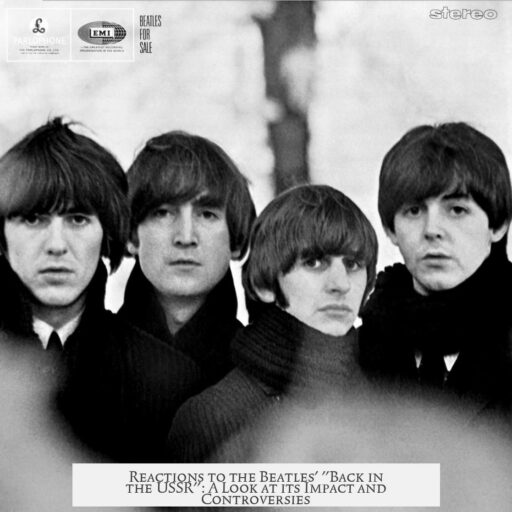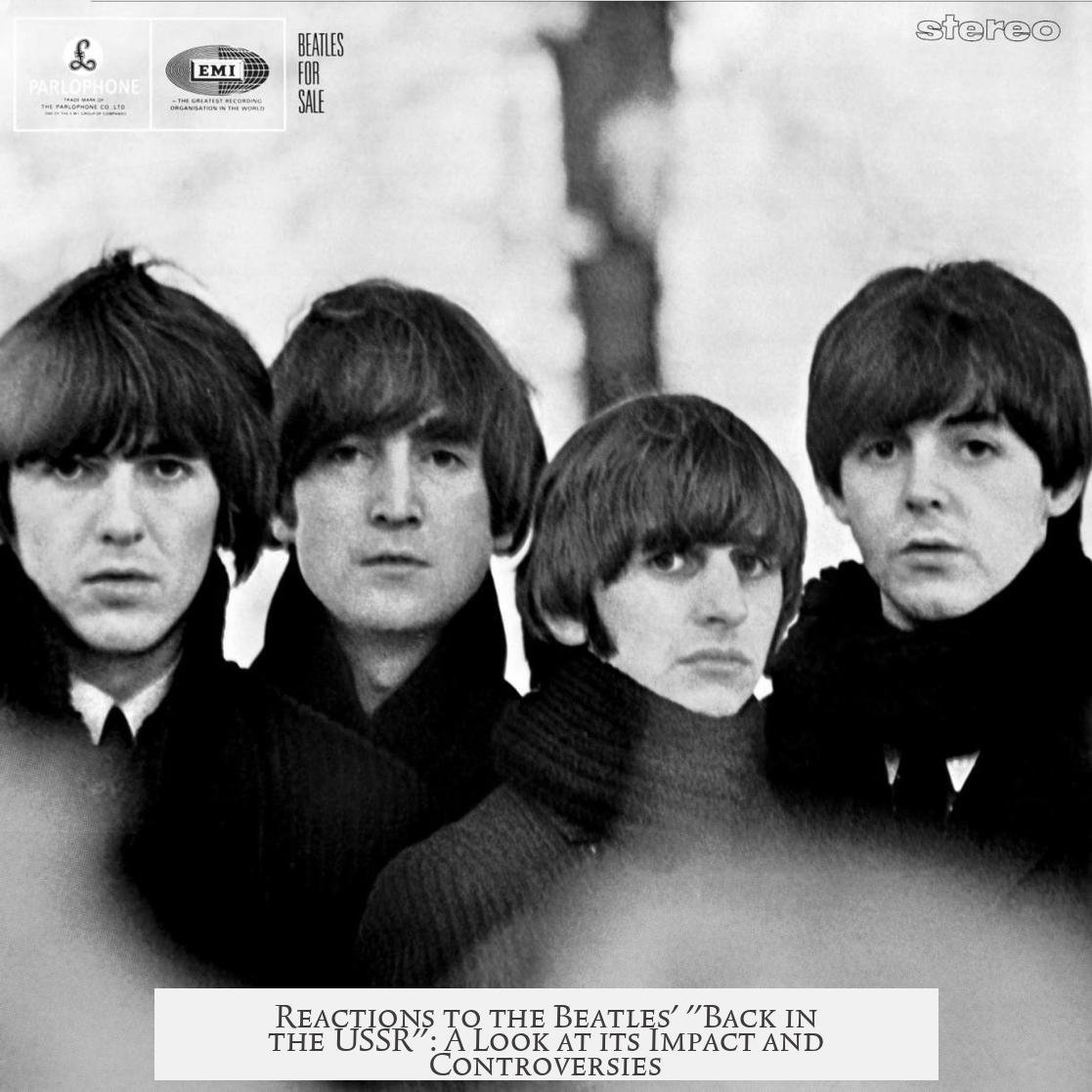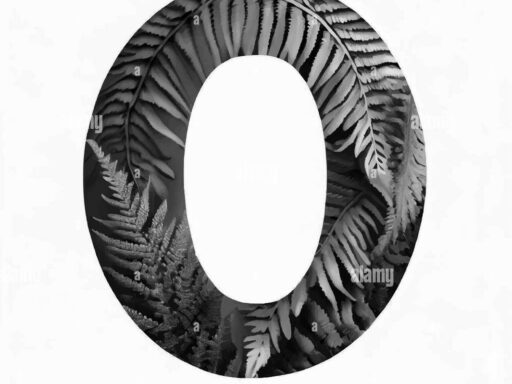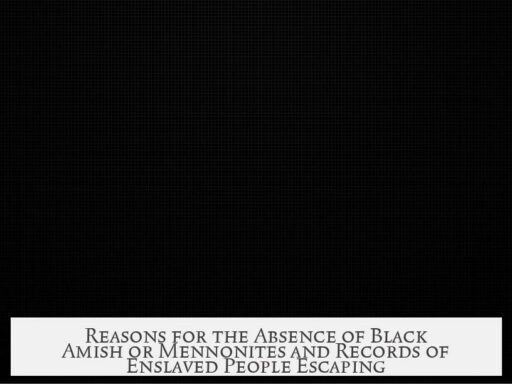The reaction to The Beatles’ “Back in the U.S.S.R.” was complex, marked by recognition of its satire in the West, cautious reception within the Soviet Union, and varied political interpretations worldwide.
The song debuted as the opening track of The Beatles’ 1968 White Album. It joined other politically and socially charged songs such as “Revolution” and “Piggies.” Each songwriter contributed a piece that attracted media attention due to their provocative themes. The White Album was a notoriously audacious record that pushed boundaries both musically and politically.
“Back in the U.S.S.R.” is widely understood as a parody. Paul McCartney crafted it to mock Chuck Berry’s nationalistic anthem “Back in the U.S.A.” It also pays homage to The Beach Boys’ sound, especially the harmonies reminiscent of their late 1950s and early 1960s style. The song blends rock and surf music themes in a playful, ironic way. This mashup satirizes American patriotic music while ironically referencing the USSR through a catchy, upbeat tune.
The Beach Boys themselves reacted positively. Mike Love, a key member, was reportedly with The Beatles in India during the White Album sessions and suggested the song’s bridge echo their hit “California Girls.” Love later looked back at the track fondly and even hinted humorously at contributing to some White Album songs, implying no offense was taken. Given Mike Love’s typically critical nature, this suggests the song’s parody approach was well received by at least part of The Beach Boys.
The Western media mostly recognized and appreciated the satire. Reviews in respected outlets such as Rolling Stone, American Eagle, Record Mirror, and the New York Times acknowledged the song’s satirical intent. Critics saw it as a pastiche that combined Chuck Berry’s and The Beach Boys’ styles, humorously highlighting American and Soviet cultural contrasts.
However, the song also sparked political tension. Released three months after the Warsaw Pact’s invasion of Czechoslovakia, “Back in the U.S.S.R.” prompted condemnation in the West from both New Left activists and conservative groups. Some perceived the song as a sympathetic portrayal of the USSR. This stance clashed with prevailing Cold War sentiments and led to controversy around the track’s political message.
In the Soviet Union, official reaction was muted but complex. The Beatles were already unpopular with Soviet authorities, who saw them as symbols of Western culture and decadence. The government banned The Beatles, including McCartney, from performing in the USSR for a period. This ban was part of a broader cultural control policy rather than solely a response to this song.
Despite official disapproval, the song quietly gained popularity in Russia. Bootleg tapes of the White Album circulated secretly, making “Back in the U.S.S.R.” a favorite among Soviet youth. It symbolized a subtle form of cultural rebellion and connected listeners with Western ideas. Sasha Lipnitsky, a Russian rocker, credited The Beatles with introducing democratic ideas through their music, revealing how the song transcended its parody roots to inspire hope and solidarity. Many Soviet listeners viewed the track as a joke, laughing at its playful, ironic tone.
Overall, audiences in 1968 understood the song’s humor and layered meaning. The Beatles’ White Album is often regarded as the group’s most human and experimental work, with “Back in the U.S.S.R.” exemplifying this approach. The song’s mixture of imitation, satire, and audacity challenged listeners while celebrating rock music’s power and global reach.
| Aspect | Reaction |
|---|---|
| Western Media | Recognized and praised the song as satire and parody of American rock styles. |
| Political Groups in West | Condemned it as sympathetic to USSR post-Czechoslovakia invasion. |
| The Beach Boys | Member Mike Love positively involved; song bridge inspired by their “California Girls.” |
| Soviet Government | Banned Beatles; disapproved due to Western cultural image, not solely due to the song. |
| Soviet Public | Secretly popular; viewed as humorous and a symbol of connection to the West. |
The multiple layers of “Back in the U.S.S.R.” made it more than a novelty track. It challenged cultural and political perceptions in a divided world. Its playful mockery masked a deeper resonance with audiences longing for change and connection.
- The Beatles’ song is a deliberate parody of American rock styles and patriotism.
- Western critics generally appreciated the satire, though some political groups objected.
- The Beach Boys viewed the song positively, with Mike Love notably approving.
- Soviet authorities banned The Beatles, though the song was mainly seen as a joke.
- Secret circulation in the USSR made it a fan favorite symbolizing cultural solidarity.
- “Back in the U.S.S.R.” remains a unique blend of humor, politics, and musical homage.




